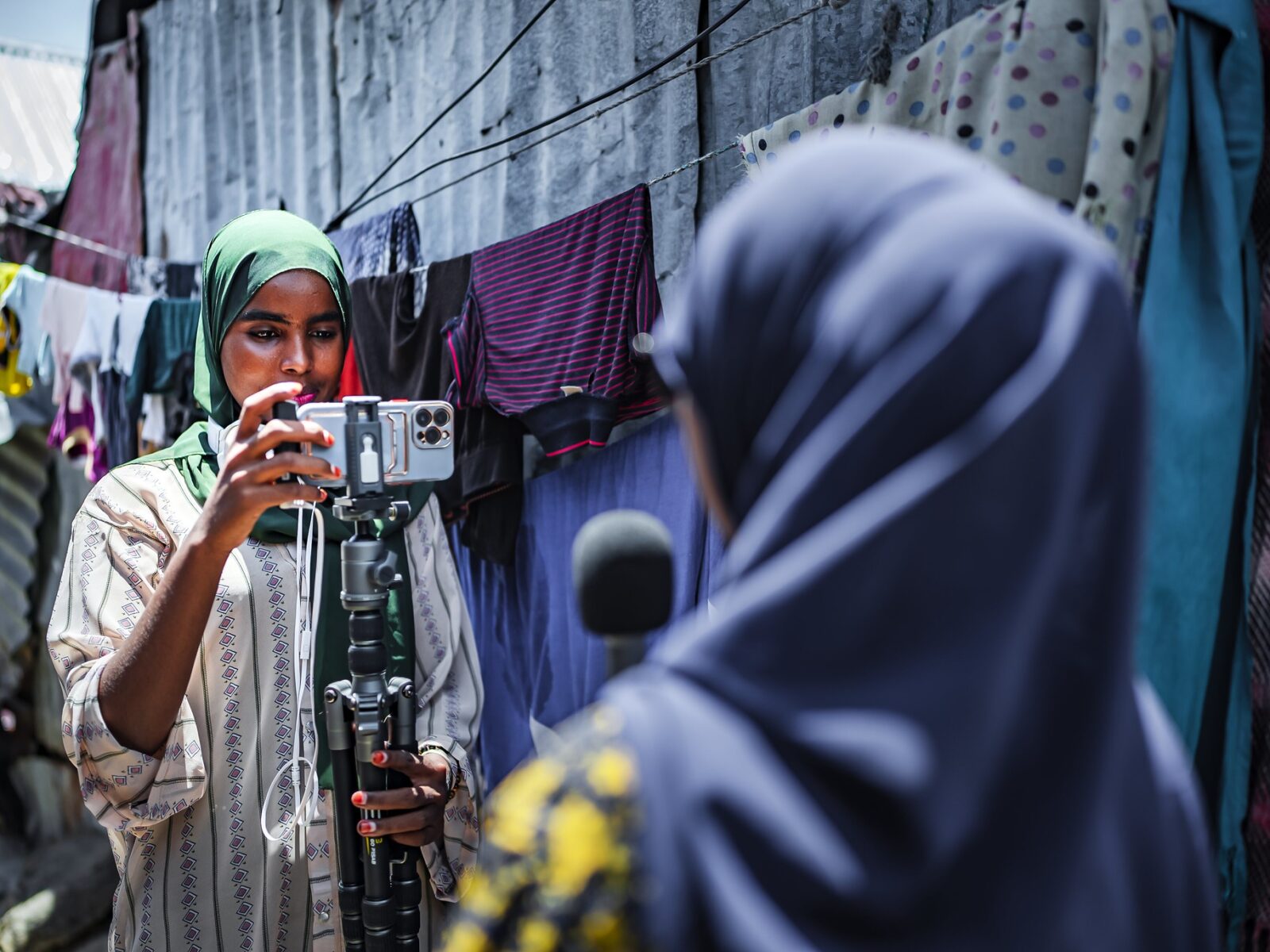Somali Women Journalists Face Rising Online Abuse, New Rights Group Report Warns

GOOBJOOG NEWS|MOGADISHU: Somali women journalists are facing growing online harassment and gender-based attacks, with new data showing that one in three has been targeted through digital abuse in the past year, according to a report released by the Somali Women Media Association (SOMWA).
The findings were presented at a one-day workshop in Mogadishu marking the International Day to End Impunity for Crimes Against Journalists, organized by SOMWA with support from UNESCO. The event brought together journalists, diplomats, and human rights advocates under the theme “Digital Safety and Gender Justice: Ending Impunity for Crimes Against Journalists.”
“Every attack on a journalist is an attack on truth and accountability,” said SOMWA’s Executive Director, Maryan Seylac, who warned that the rise in online harassment was pushing many women out of the media space. “These attacks are designed to silence and erase women’s voices from public life. When women journalists are silenced, democracy itself suffers.”
SOMWA documented more than 60 cases of violations against women journalists in the past year, over half of them online. The report describes the abuse as “deeply personal,” targeting women’s identity rather than their work. Victims reported threats, defamation, and sexualized harassment that often spilled into their private lives, causing fear and self-censorship.
UNESCO’s representative in Somalia, Misako Ito, placed the issue in a global context, noting that over 1,800 journalists have been killed worldwide since 2006, with 90 percent of cases unresolved. “Digital spaces have become a new battlefield for gender-based violence,” she said, warning that artificial intelligence is amplifying online hate.
The British Embassy’s Deputy Head of Mission, Sam Thomas, commended SOMWA for its leadership, calling for justice for fallen journalists. “Justice delayed is justice denied, and impunity must end,” he said, pledging continued UK support for press freedom in Somalia.
Legal experts at the workshop highlighted major gaps in Somalia’s legal framework, pointing out that the Penal Code of 1962 and the Media Law of 2016 fail to address online or gender-based offenses. The Data Protection Act of 2023 offers some safeguards but lacks gender-specific provisions. Participants called for explicit legal recognition of digital gender violence, harmonized laws, and stronger capacity for police and courts to handle digital evidence.
Officials from the Ministry of Women and Human Rights Development and the Ministry of Information reaffirmed the government’s commitment to journalist safety. The Ministry of Information announced a forthcoming policy on responsible social media use, to be presented to the Council of Ministers.
Representatives from UN Women and the Office of the High Commissioner for Human Rights linked the attacks on journalists to broader human rights concerns. UN Women’s Rukaya Mohammed said digital platforms have become “a double-edged sword,” empowering women while also exposing them to violence. “Freedom of expression is a women’s rights issue,” she said. “No woman journalist should be silenced by threats or impunity.”
As the discussions closed, SOMWA’s Seylac urged solidarity across government, civil society, and technology platforms. “Women journalists are not victims to be protected,” she said. “They are leaders to be supported — storytellers shaping Somalia’s future.”
The event ended with a renewed call for accountability, stronger legal protection, and a safer digital space where women journalists can report freely without fear.